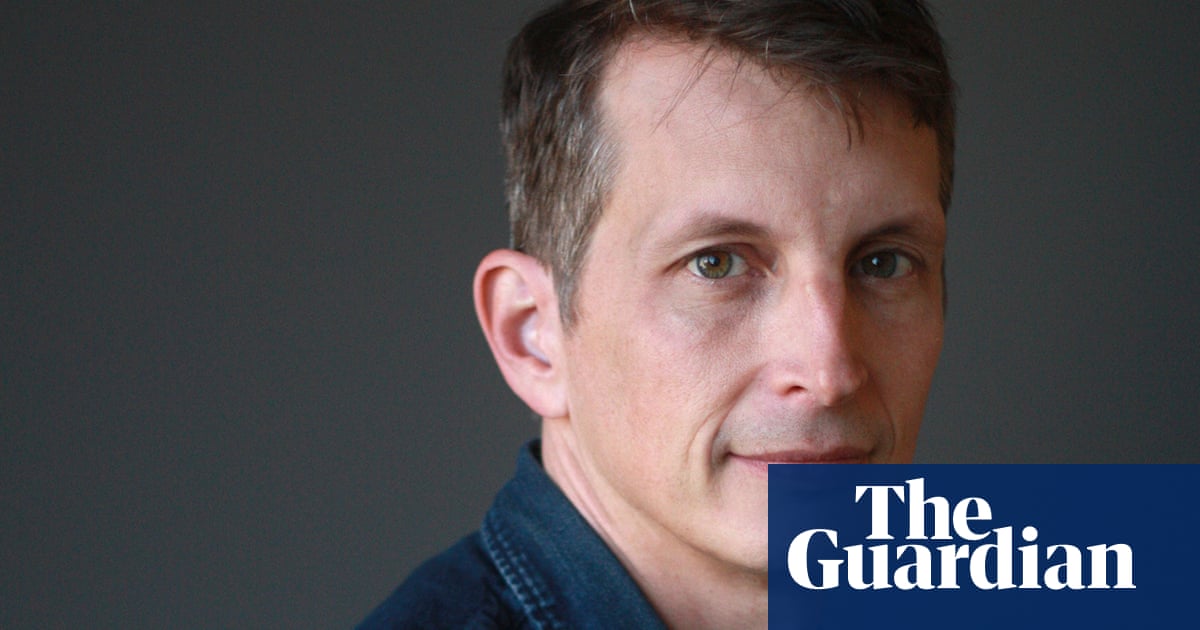My earliest reading memory
My mother first read me Dr Seuss’s The Cat in the Hat when I was four, and as with much of what I love, I became compulsive about it, wanting to hear it over and over. One day, a fbabysitter asked what I’d been up to. “Learning to read,” I lied. I pulled out The Cat in the Hat, intending to bluff my way through. Then a miracle: beneath my eyes, the word-shapes matched the sounds. I was reading.
My favourite book growing up
My sense of racial guilt as a child of the Reagan-era south was compounded by the fact that the apartheid around me was rarely acknowledged out loud. Harper Lee’s To Kill a Mockingbird has its problems, but for me it was a formative instance of books giving expression to what’s not being talked about.
The book that changed me as a teenager
I read Toni Morrison’s Beloved when I was home from college in my freshman year. I still had a kind of punk attitude towards the canonical novel, which I viewed as the province of my English-teacher parents. (My turf was more like the Beats and Stephen King and poetry.) But in its incendiary fusion of language and story and feeling, Beloved ripped open something inside me.
The writer who changed my mind
I probably couldn’t have grasped Beloved without reading David Foster Wallace’s Infinite Jest. I know a lot of annoying young men have approached this novel as some kind of monument to the intellect. But in my senior year of high school, I was in a position to feel emotionally vulnerable to the material about recovery. It convinced me to try to change the way I was living – to face down the things that had driven me to substance abuse.
The book that made me want to become a writer
I always loved Judy Blume’s Fudge series; Farley Drexel Hatcher was my Harry Potter. That led me to Just As Long As We’re Together and her other books for older kids and tweens. Blume made me see writing as a place for the honesty and emotional intimacy I craved, and also as a place to relish the absurdity of daily life.
The book or author I came back to
In college, I was assigned the title story of Deborah Eisenberg’s Under the 82nd Airborne, and though I admired it, we didn’t quite “click”. Five years later, when I was in graduate school, Eisenberg visited and read her story Some Other, Better Otto. It was hearing it in her own voice that made me realise what I’d been missing – in particular, the singular quality of her humour. I ran out and read every story she’d written.
The book I reread
I must have read Virginia Woolf’s Mrs Dalloway more than any other book, in part because I teach it, but also because it means something different to me every time. As I age, I increasingly find Mrs Dalloway’s commitment to seemingly small virtues – pleasure, loyalty, tolerance, awareness – to embody something profound and radical.
The book I could never read again
I may have outgrown the profundities of JD Salinger’s Seymour: an Introduction, but don’t hold me to it.
The book I discovered later in life
I somehow made it to 40 without reading Shirley Hazzard. Then, on a whim, I threw The Transit of Venus into my bag for summer vacation. As the number of unread pages dwindled, I caught myself hoarding them. An hour from the end, I deserted my family and walked to an empty beach and finished the book and then just sort of sat there, stunned.
The book I am currently reading
I was recently in Oxford, Mississippi, home town of William Faulkner, and brought away Flags in the Dust from the great Square Books.
My comfort read
Whenever I am uncomfortable in my own skin, I return to Gertrude Stein’s The Making of Americans. After 15 years, I am still only halfway through, but her prose puts me in this weird trance where I forget to attend to anything else, including my own anxiety. Does this count as comfort?

